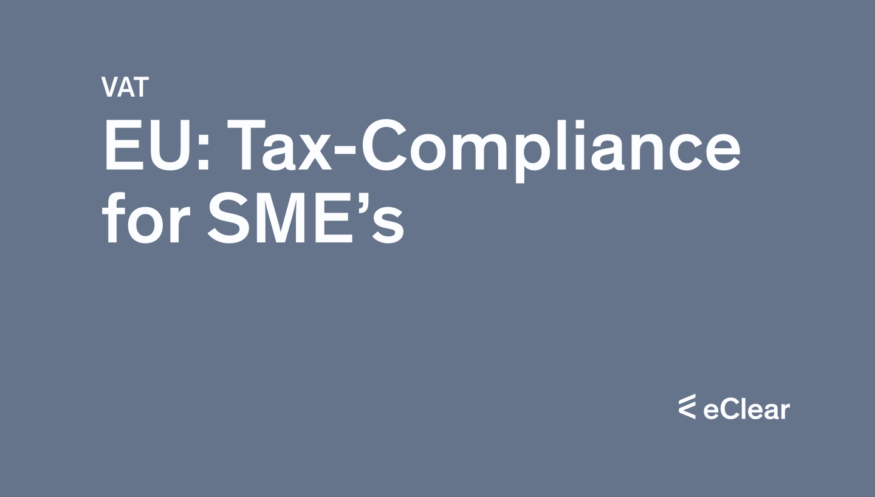A recent study by the European Parliament‘s Policy Department for Economic, Scientific and Quality of Life Policies has shed light on the tax compliance costs faced by European enterprises, with a particular focus on small and medium-sized enterprises (SMEs).
The Indirect Burdens of Taxation
The report, titled “Overview of the tax compliance costs faced by European Enterprises – with a Focus on SMEs,” highlights the indirect burdens of taxation, such as the costs related to financial and accounting planning, recording transactions, collecting, and storing documents, filing declarations, and managing audits and litigations. These activities, which fall within the definition of tax compliance, represent an additional resource absorption beyond the amounts transferred from taxpayers to public treasuries as tax revenues.
The Costliest Activities in Tax Compliance
The study reveals that data collection represents the costliest activity across diverse types of taxes and enterprises of various sizes. This is followed by preparing the tax declaration as the second most expensive activity. Interestingly, submitting the tax declaration itself implies the least costly action.
![]()
Cross-Border Activities and Tax Compliance
Interestingly, the study found that cross-border activities do not seem to significantly affect large companies and have little effect on micro, small, and medium-sized companies. This finding contradicts the common perception that cross-border activities would increase the tax compliance burden.
The Distorting Effect of Special Purpose Vehicle Corporations
The report also highlights the variation in tax compliance costs across European countries. It points out that Special Purpose Vehicle (SPV) corporations in some countries, such as Ireland, Cyprus, Luxembourg, and Malta, can distort aggregate data and provide a misleading representation of a country’s situation.
The Impact of Firm Size on Tax Compliance Costs
The study concludes that firm size is associated with significant differences in tax compliance costs. Micro enterprises, in particular, bear a more considerable relative burden of compliance costs.
The Need for Streamlined Tax Systems
This comprehensive study underscores the need for policymakers to consider the indirect burdens of taxation, particularly for smaller enterprises, and to strive for more streamlined and efficient tax systems. The findings suggest that a one-size-fits-all approach to tax compliance may not be suitable. Tailored strategies may be required to support businesses of varied sizes and sectors.
VATRules & FileVAT: SMEs’ Tax Solution
eClear is transforming e-commerce taxation for SMEs, offering considerable time and cost savings. Our VATRules database allows precise classification of product portfolios according to each country’s VAT logic, ensuring compliance and reducing administrative burdens.
Complementing this, eClear’s FileVAT streamlines the VAT declaration process, further reducing administrative burdens. Additionally, FileVAT includes free access to SPOT®, eClear’s financial dashboard, aggregating revenue, sales, and tax data.




